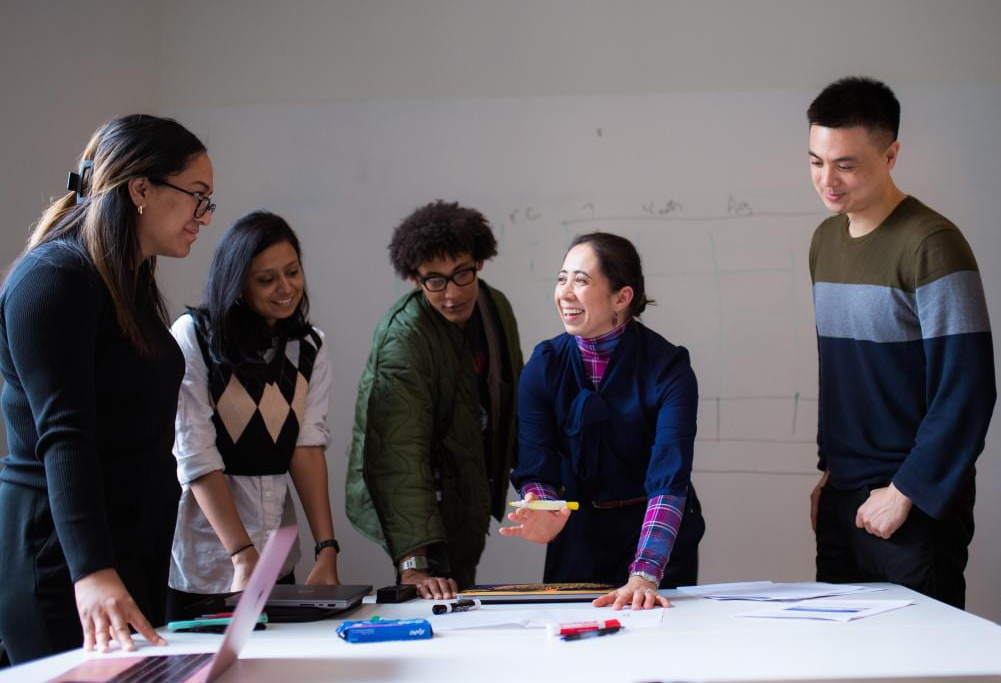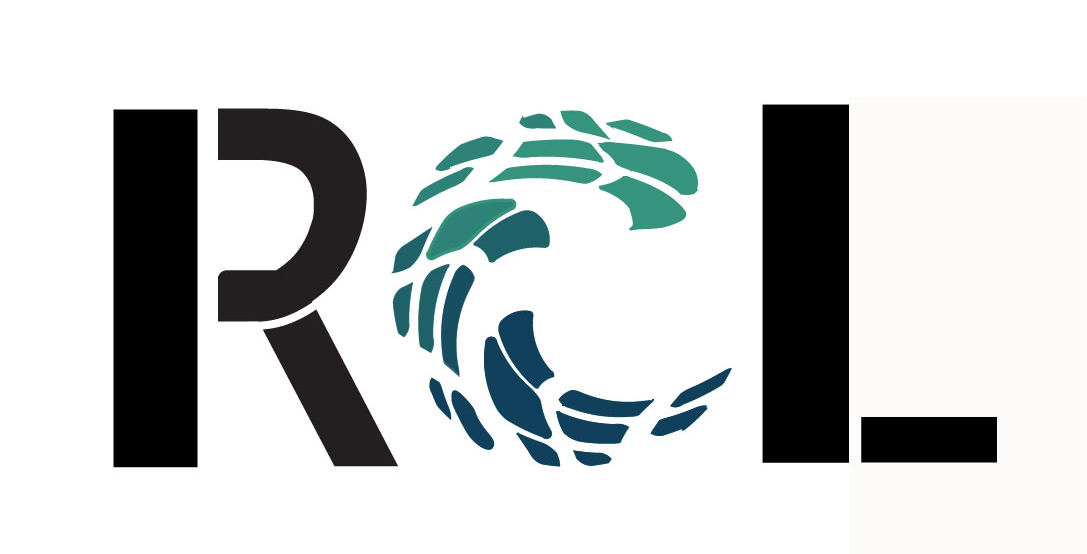
Who We Are
The Resilient Communities Lab (RCL), led by Professor Janelle Knox-Hayes and housed within the Department of Urban Studies & Planning (DUSP), is an interdisciplinary team of MIT faculty, researchers, and students developing resilience solutions. We aim to build a collaborative network connecting academic, government, non-profit, community, and policy groups to ensure equitable sustainability outcomes. Our engagement supports frontline communities in formulating resilience strategies to withstand, respond, adapt, and recover from present and future challenges.

Our Values
We believe that genuine sustainability is built upon equity and justice. Traditional science and engineering strategies often at the center of addressing climate change are not mutually exclusive of the dimensions of humanity they aim to serve. The Resilient Communities Lab uses a humanistic approach to resolve environmental conflicts, aiming to develop holistic solutions for people and the planet. Through academic exploration and community collaboration, we seek to grow cultural understanding, foster respect, and ensure the inclusion of all peoples.
The RCL commits to promoting social justice, respect for diversity, and equity in our work—values essential to creating a world where all communities can thrive.
How We Work: Statement of Ethics
The RCL is committed to upholding ethical principles in all aspects of its work. This commitment is grounded in a belief that diverse perspectives and experiences are essential to addressing complex global challenges. It adheres to ethical research standards, including informed consent, confidentiality, and privacy, in its community interactions. We recognize the importance of respecting the autonomy of communities, and their right to control their data. We seek community engagement and input at all stages of research and development, with the aim of creating collaborative and meaningful relationships with communities that prioritize their needs and perspectives.
The RCL values transparency, and believes that open communication and accountability are essential to building trust and maintaining ethical practices.
Our Collaborators

MIT Leventhal Center for Advanced Urbanism (LCAU)
City of Boston
Boston Housing Authority
GreenRoots
Native Land Conservancy
North American Indian Center of Boston
NOAA Sea Grant
Boston Planning & Development Agency
UMASS Boston
Ethics Institute, Utrecht University
MIT School of Architecture & Planning
MIT School of Engineering
Sandia Labs
University of Virginia
Center for Cultural Humility
Mashpee Wampanoag Tribe
Shinnecock Indian Nation
MIT Energy Initiative (MITEI)
MIT Climate & Sustainability Consortium (MCSC)
Abdul Latif Jameel Water & Food Systems Lab (JWAF)
US Department of Energy (DOE)
Hispanic Chamber of Coastal Virginia
Isle de Jean Charles Biloxi-Chitimacha-Choctaw Tribe
MIT SOLVE
Earth Institute of Columbia University
Urban Climate Change Research Network (UCCRN)
Sovereign Science
Center for Braiding Indigenous Knowledge & Science (CBIKS)
MIT SLOAN School
Clean Energy States Alliance
University of Michigan School for Environment & Sustainability
